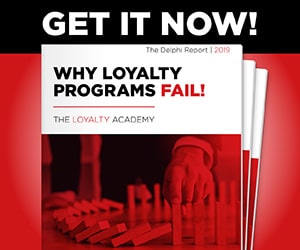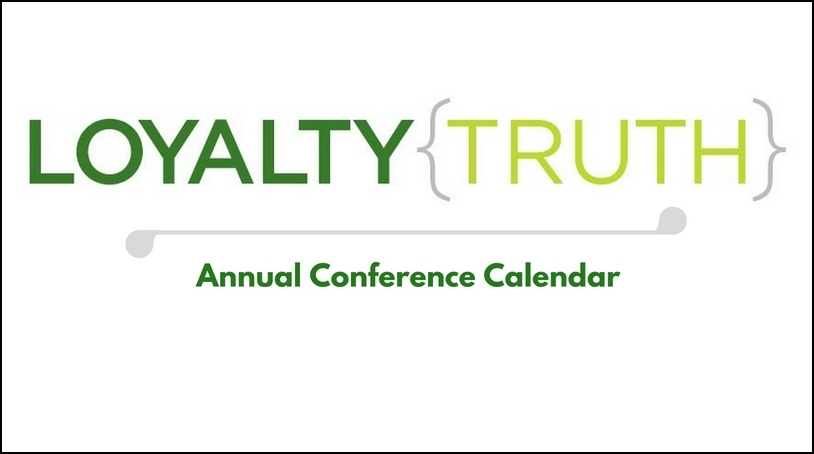Over the recent holidays, my friend Bill Hanifin pointed out a post written by the person arguably at the forefront of the whole social media movement, Chris Brogan. In the post, Brogan said, “People are slowing down to turn their thoughts to family and to their own development, and to what worked and what didn’t in 2009. Not me.”
While he did leave an escape hatch for those choosing to bail out during the holidays “You don’t have to do it this way”, Brogan was working as hard as ever, holidays or no holidays.
It got me thinking about Napolean Hill, author of the classic Think and Grow Rich. Although it was first published in 1937, the book’s message about gaining monetary success through hard work, determination and positive thinking, still rings true today. The popularity of the book endures as well, as it ranks in the top 1,000 books on Amazon.
What a lot of people may not know is that in 1967, three decades after the publication of his magnum opus, an 80-year old Hill put out a book with a more expansive view of the role of work in our lives. Its title: Grow Rich—with Peace of Mind.
While offering many of the same valuable lessons on self improvement as Think and Grow Rich, Hill adapted his message to basically say, grow rich—but have a life, too. We’re not talking 4-hour workweek here, but Hill did suggest we “make a time budget”.
Spread out over a 24-hour day, his time budget looks like this:
- 8 hours a day for sleep and rest
- 8 hours a day for work at your business or profession (but as your success grows, less work)
- 8 “particularly precious” hours “devoted to things you wish to do, not have to do”
Hill’s suggested list for the final 8 hours includes: “play, social life, reading, writing, playing a musical instrument, tending a garden, or just sitting and watching the clouds or the stars.” (I would add “spending time with family.”)
Hill further amplifies the point with this passage: “Do not let a day go by without taking some time for yourself — some time you spend in pure pleasure, as you see it.” He adds, “With increasing success, increase your hours of pure enjoyment, do not allow these hours to be eaten away by business or anything else.”
God bless Chris Brogan, he’s an inspiration to all of us. But there’s something to be said about the whole work-life balance thing. And while I have personally set business goals for 2010, following Hill’s lead, I’ve set leisure ones as well.
The bottom line: Sure, let’s get rich. But let’s not forget that success is measured by more than the balance in our bank accounts.
Tom Rapsas is a 20 year direct and loyalty marketing veteran and heads up Creative Services at Hanifin Loyalty. He can be reached on Twitter @tomrapsas
Editor’s Note: Tom’s post made me think that the most desirable rewards in loyalty programs are often the experiences and exclusive content or access to an event which can be earned as a freebie, but aren’t always available for public consumption. It seems that learning more about what drives human emotion, happiness, and satisfaction will lead to more effective marketing strategies as well.
 Previous Article
Previous Article



